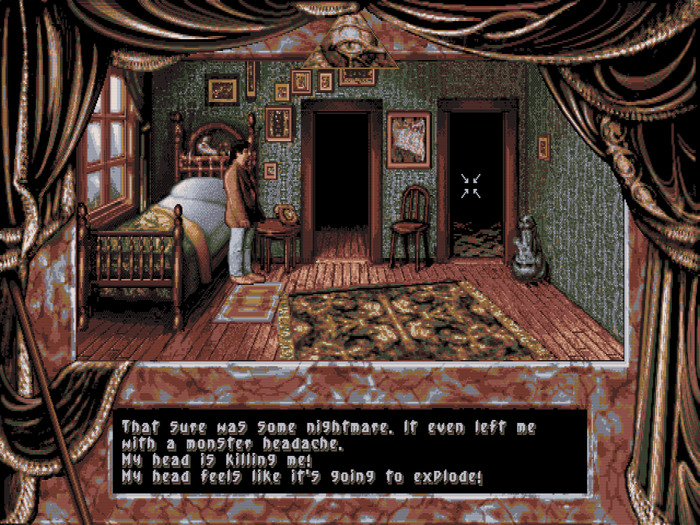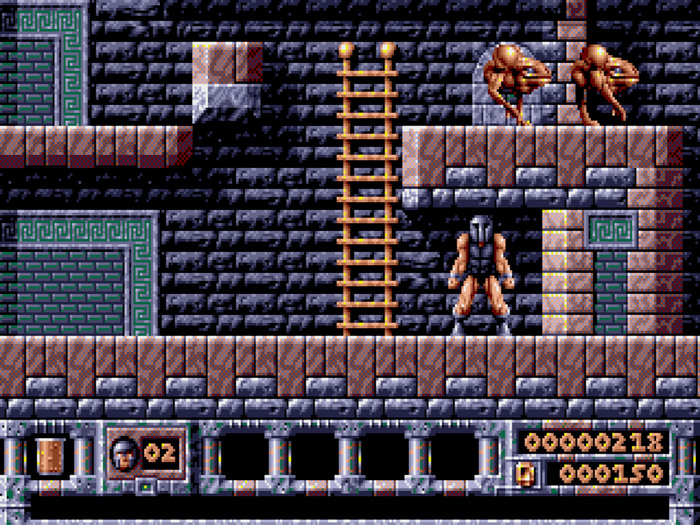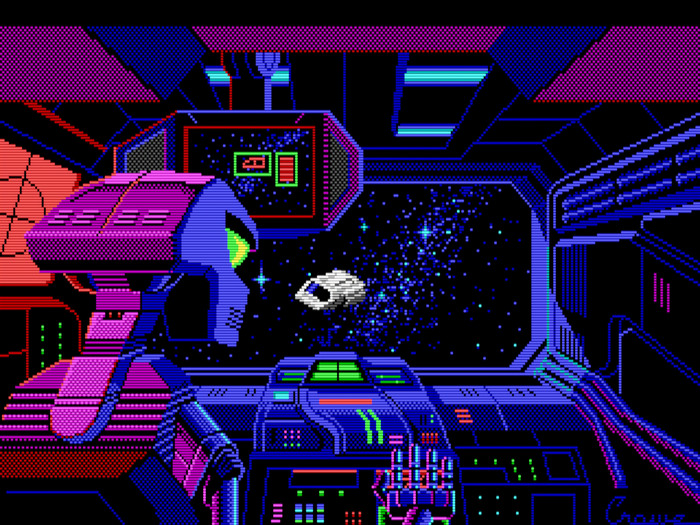After two years of development published project release DOSBox Staging 0.81, which develops a multi-platform emulator of the MS-DOS environment, written using the SDL library and aimed at running old DOS games on Linux, Windows and macOS. DOSBox Staging is developed by a separate team and is not related to the original one. DOSBox, which has seen only minor changes in recent years. The code is written in C++ and distributed by licensed under GPLv2+.
The main goal of the project is to ensure high-quality operation of old games on modern systems (there is a separate fork for hardware emulation dosbox-x). DOSBox Staging's goals also include providing a user-friendly product, making it easier for new developers to participate (for example, using Git instead of SVN), working to expand functionality, focusing primarily on DOS games, and supporting modern platforms. The project's objectives do not include providing support for legacy systems such as Windows 9x and OS/2, nor does it focus on emulating DOS-era hardware.
Advertisement
IN new issue:
- Built-in emulation of monitors based on a cathode ray tube has been implemented, which does not require manual configuration.
- The code has been reworked to support VGA, which provides full emulation of progressive scanning and dual scanning.
- Added options for integer scaling, allowing you to expand the image to full screen, use arbitrary aspect ratios and emulate monitor controls to stretch the image vertically or horizontally.
- It is possible to create screenshots in multi-threaded mode and set the correct aspect ratio by default.
- Video capture performance has been approximately tripled.
- Added support for 3dfx Voodoo 1 emulation.
- Added support for IBM Music Feature Card sound card emulation. Improved work with ROM of Roland MT-32 audio devices. Improved MIDI support.
- A large portion of improvements related to support for mice and joysticks has been made.
- Implemented missing DOS commands: FOR, MOVE, TREE, SETVER and VOL.
- Improved integration with file systems. Added support for all DOS file and directory attributes, which are stored in standard attributes and xattr, similar to Wine.
- Problems with FPU emulation on non-x86 systems have been resolved.
Thanks for reading:


